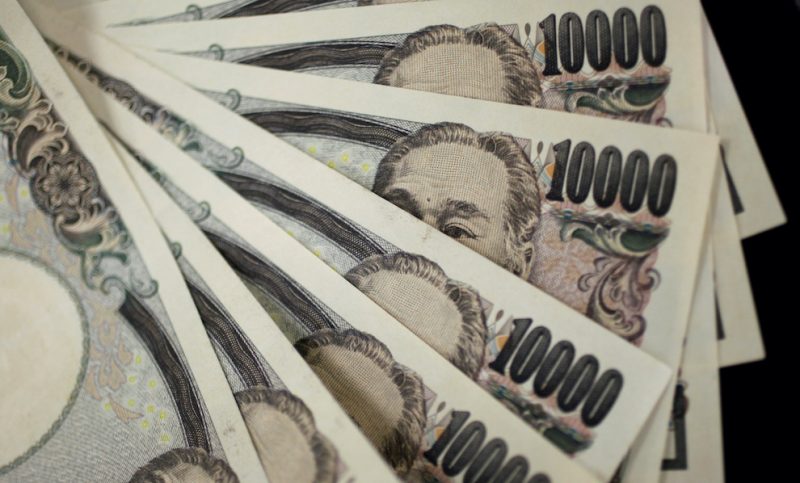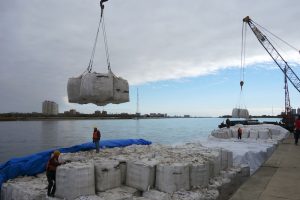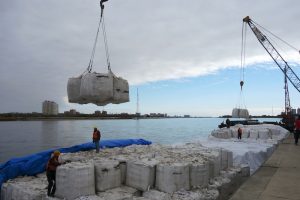Japan’s exports showed strong growth in April, but it was not enough to offset the country’s import bill, which set a record.
Exports rose 12.5% in April from a year earlier, Ministry of Finance data showed, led by US-bound shipments of cars and outdoing a 13.8% increase expected by economists in a Reuters poll. It followed a 14.7% rise in March.
But imports rose 28.2% in the year to April, versus the median estimate for a 35.0% increase, as a weaker yen helped boost already surging global commodity prices.
Shoring up the prospects of a private demand-led recovery, however, was a gauge of capital expenditure that posted its first monthly gain in three months.
The mixed data on Thursday followed the yen’s falls to two-decade lows beyond 131 to the dollar earlier in May, which stoked fears of worsening terms of trade and added financial burdens for the resource-poor economy as import costs soar.
ALSO SEE: Japan to Allow Fukushima Water to Be Pumped into Sea
Weak Yen Has Less Impact
A weak yen, once considered a boon to Japan’s export-led economy, is now having less of an impact as shipments grow smaller, given the shift by Japanese manufacturers to offshore production.
That resulted in a trade deficit of 839 billion yen ($6.54 billion), narrower than the median estimate for a 1.15 trillion yen shortfall but posting a ninth straight month in the red.
Analysts have warned of the risks of prolonged cost-push inflation to the fragile economy with external factors, not domestic demand, pushing import bills higher.
Separate data showed on Thursday that Japan’s core machinery orders rose 7.1% in March from the previous month, versus a 3.7% increase expected by economists in a Reuters poll.
The volatile data series, regarded as a leading gauge of capital expenditure in the coming six to nine months, provided a glimmer of hope for a domestic demand-led recovery.
Japan’s economy shrank for the first time in two quarters in the January-March period as Covid-19 curbs hit the service sector and surging commodity prices created new pressures.
- Reuters with additional editing by George Russell
ALSO READ:
























